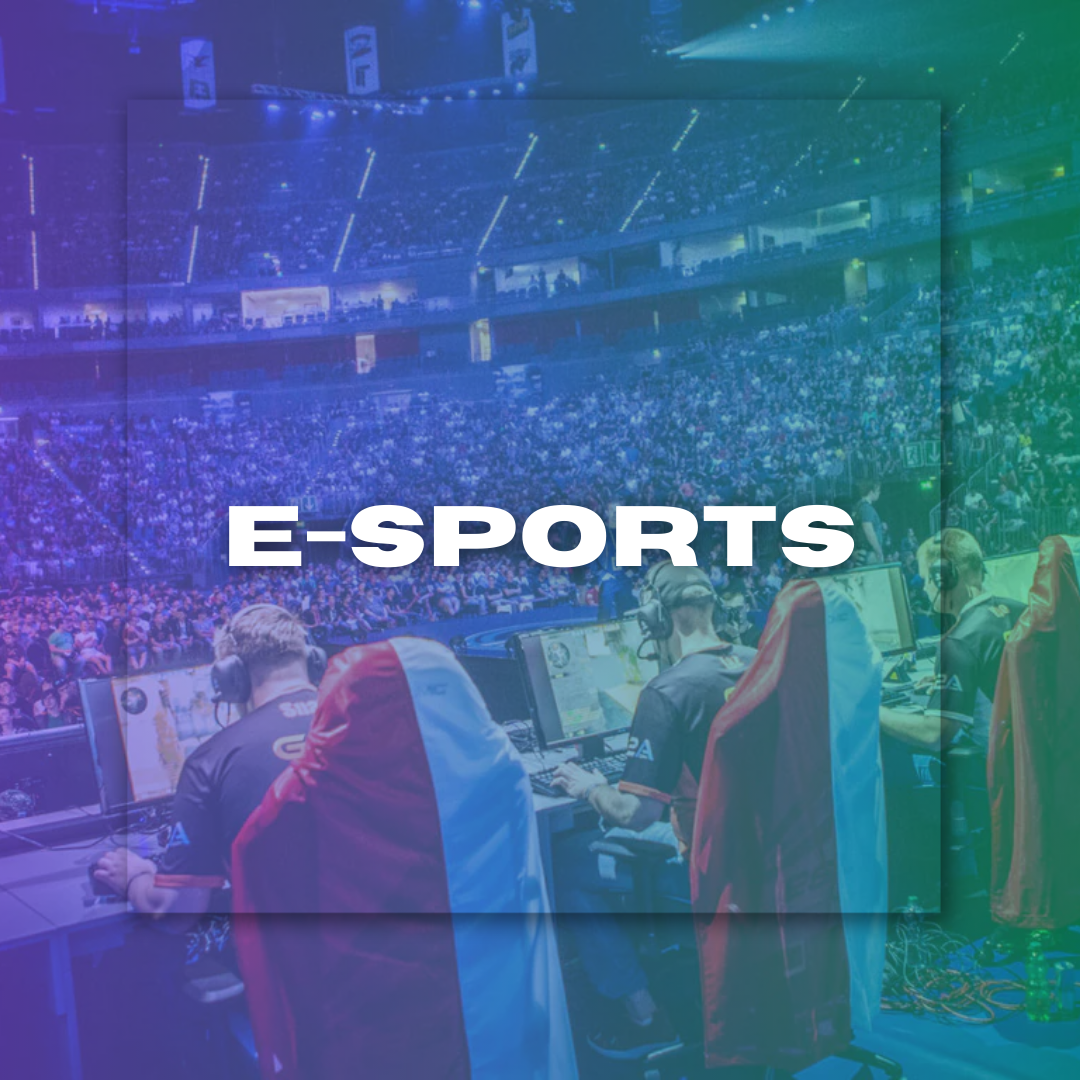
Soccer's Financial Fair Play: A Controversial Approach to Equity
Soccer's Financial Fair Play: A Controversial Approac...
By Fan Arch August 08, 2024 00:41
The introduction of Financial Fair Play (FFP) regulations has sparked intense discussion and scrutiny within the sporting community. Aimed at ensuring the financial health and sustainability of clubs across Europe, FFP has emerged as a revolutionary yet polarizing framework. Its intent is clear: to create a level playing field and prevent the rich from unduly dominating by virtue of their financial clout alone. However, as the conversation around these regulations unfolds, it becomes apparent that the effectiveness and fairness of FFP are subjects of considerable debate.
This divisive policy has opened up a discourse on the balance between fiscal responsibility and competitive equity, shedding light on the complex interplay between finance and football. As we discuss the nuances of Financial Fair Play, we find ourselves at the heart of a contentious approach that seeks to redefine the future of soccer – for better or for worse.
The move was to prevent those clubs who spend irresponsibly from risking their financial stability and the integrity of the sporting competition. Key objectives include:
Limiting External Investment: FFP aims to prohibit wealthy backers from pumping funds into clubs, giving some teams a competitive advantage.
The preservation of the Pyramid: FFP helps to ensure that money will not buy success in European leagues and, consequently, cup competitions by acting as a guardian for competitive balance.
Manner of implementation
Clubs will be permitted to post a maximum combined loss of £5m, approximately $6.5 million over three years, to comply with the break-even requirement, which mandates that income must match or exceed expenses on an annual basis within each accounting cycle. The cap is £ 25 million, though that can rise to £ 60 million if paid by the owners.
Controversies Surrounding FFP
Solidifying the Status Quo
The most notable critique is that FFP may be self-defeating if it only serves to provide a reinforcement mechanism for established top clubs. Bigger clubs who make huge money continue to be able to plow it into their squad, with other smaller ones finding that sort of thing still needs to be fixed. That would lead to a two-tier system in European soccer and dominant status only for the fewest of the elite.
The Unsavory World of Sponsorship Deals
The rules have raised concerns about sponsorship deals being above board. Many owners have felt that they charge some clubs for overvaluing deals with companies owned or controlled by themselves. This opens an ethical can of worms for the principal club to stay well-behaved from a financial report and emotional way about generation.
Ineffective Enforcement
Critics claim that FFP is open to interpretation and suggest that UEFA has only sometimes been even-handed in applying the rules. Although a few clubs have been deemed to have committed multiple offenses, others appear not to be on the radar. This discrepancy, then, questions the legitimacy of FFP and how far it goes to encourage actual financial security.
Impact on Smaller Clubs
Though FFP is intended to guard against the kind of financial meltdown that led to this year's expulsion and relegation, it may also hinder small clubs' endeavors to invest in talent or infrastructure. In cases where clubs fail to attract wealthy backers or can't earn the revenues that will enable them to compete, we are incentivizing homogenization.
Economic and Competitive Consequences
FFP's implications for the economy are enormous. By compelling clubs to show financial discipline, FFP is intended as a tool to ensure a more stable financial footing for top-tier sides. Yet, the market is still shaped heavily by legacy winners and already successful revenue streams.
Effects on Players, Wages, and Transfers
FFPT has transformed player transfers and wages. Even though clubs are even more hesitant spenders than before, they still maintain a degree of prudence in securing expertise. While this is also designed to help prevent them from overspending, it can have the unfortunate side effect of erasing much of the drama and intrigue that transfer windows bring.
Long-Term Viability of Clubs
Compliance with the FFP regulations is just survival in many cases for clubs. Clubs that do not comply can face harsh sanctions, including being banned from lucrative European competitions. Clubs have thus adopted a more measured approach to managing their finances, aiming for sustained growth rather than immediate success.
Governing Bodies and Stakeholders
FFP implementation represents the desires of several voices within soccer: governing bodies, club owners, and fans alike. However, the imperatives of FFP are often at odds with owners' objectives, and so they look to exploit weaknesses in UEFA's rules that may result from clubs withholding information.
Fans and Community Impact
In the financial ecosystem of football, fans are essential. Their almost patron-like loyalty to the club impacts their financial well-being through tickets, merchandise, and broadcast rights. However, the financial aspects that FFP imposes often cause angst among fans, especially when they leave them unable to compete properly. Finding a happy medium between the bottom line and winning has been one of these hot-button issues among fans.
Financial Fair Play is a heroic effort to get the worldwide professional soccer industry back on firm financial ground. The FFP has ambitious aims in promoting financial sustainability and equity. Still, its implementation and effects on public services have been controversial. Skeptics say it could entrench the rich-poor divide, whereas proponents argue that this is much-needed stability if clubs are to have a financially viable future.
With the soccer landscape constantly changing, FFP's construction will largely determine its effectiveness in keeping clubs healthy and sustainable on both sides of success. Its complicated nature indicates the challenge of balancing fiscal restraint and healthy competition, which is intrinsic to football. Ultimately, FFP is as much about competitive balance and soccer's soul and integrity as it is about insolvency.
LATEST
- NEWS
- |
- ARTICLES
- |
- VIDEOS






















































































